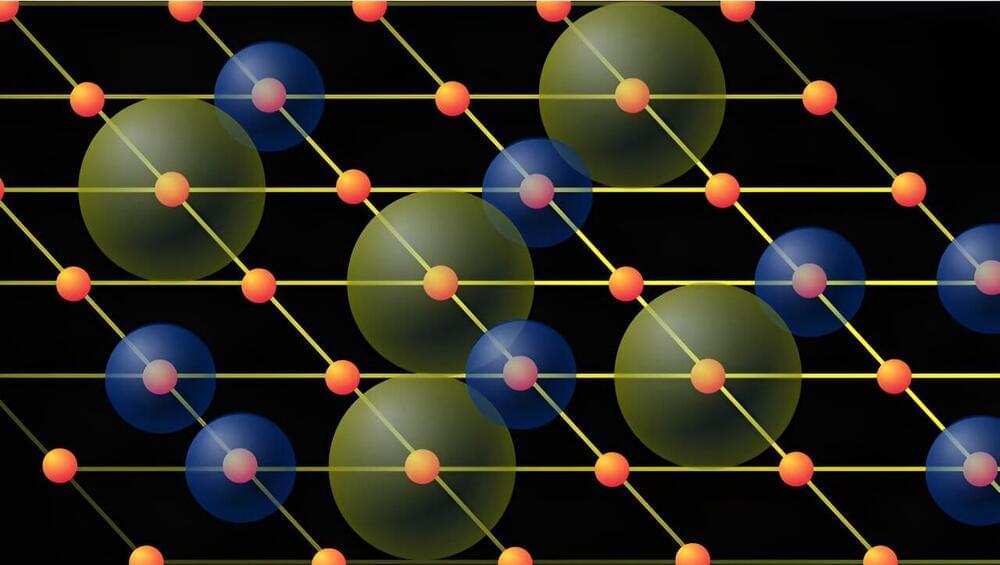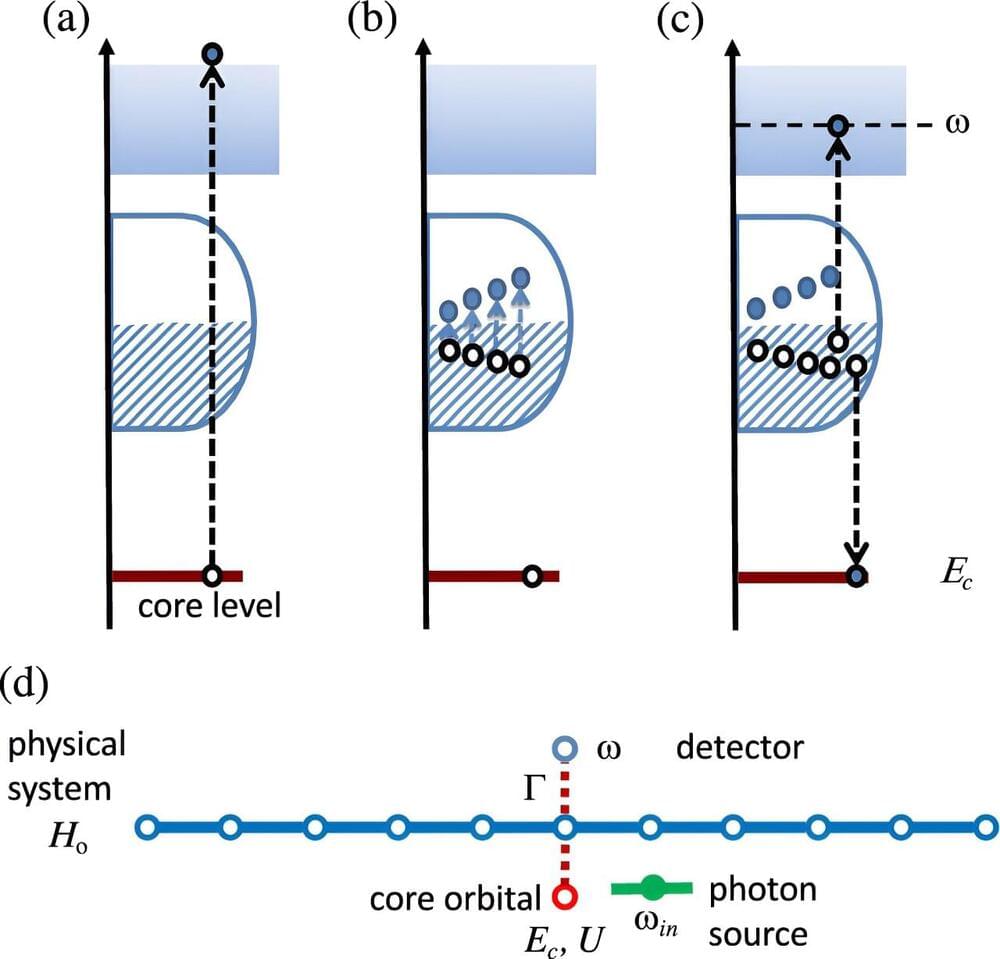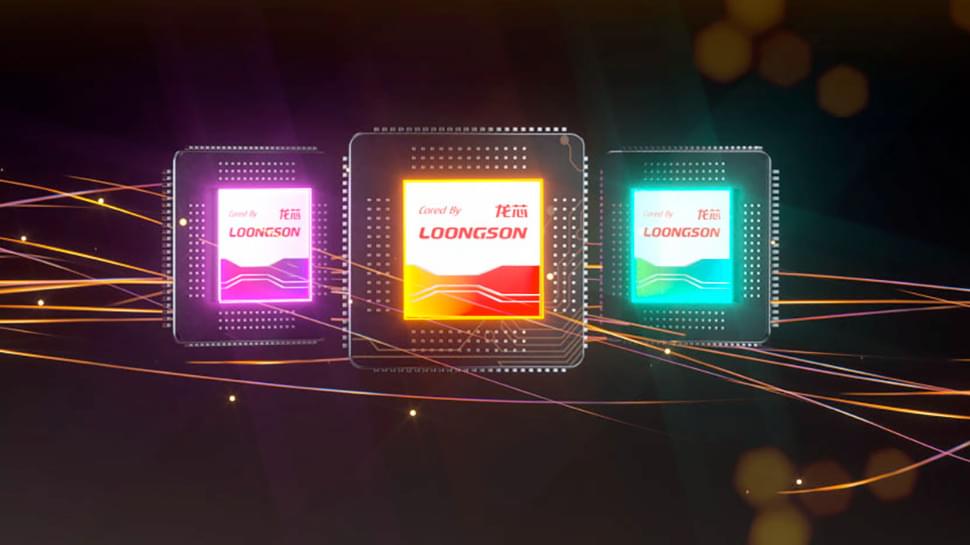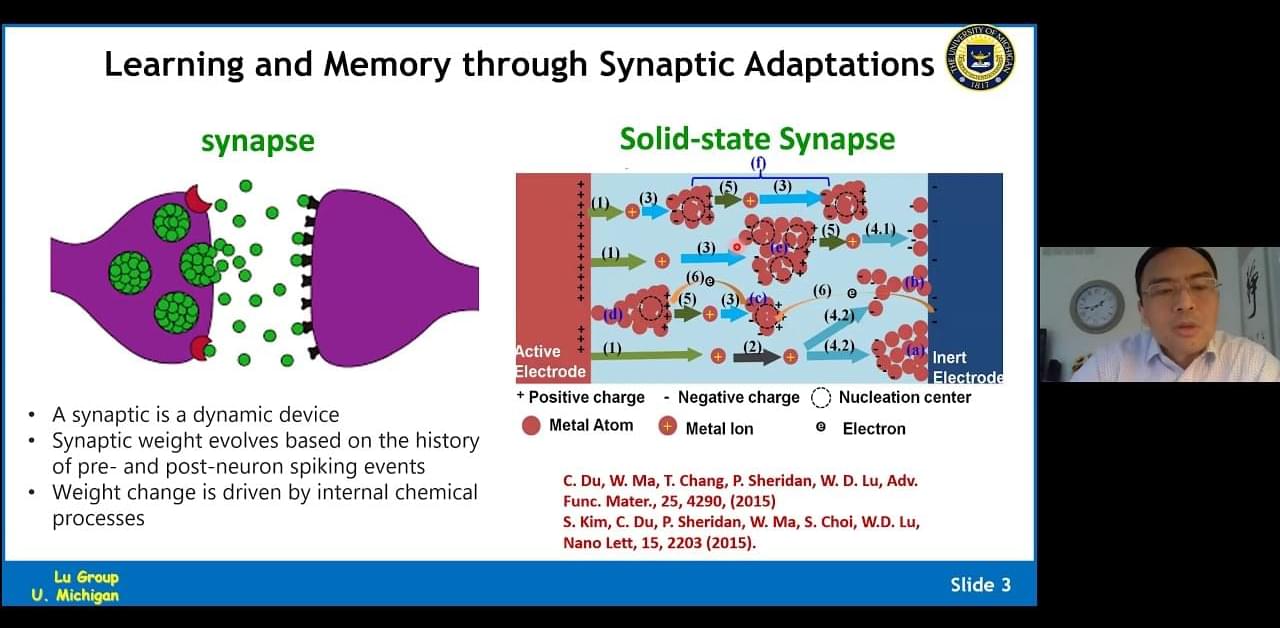Feb 16, 2024
Scientists Create World’s First “Quantum Semiconductor”
Posted by Dan Breeden in categories: biotech/medical, computing, mobile phones, quantum physics
Semiconductor devices are small components that manage the movement of electrons in contemporary electronic gadgets. They are essential for powering a wide range of high-tech products, including cell phones, laptops, and vehicle sensors, as well as cutting-edge medical devices. However, the presence of material impurities or variations in temperature can interfere with electron flow, causing instability.
But now, theoretical and experimental physicists from the Würzburg-Dresden Cluster of Excellence ct.qmat—Complexity and Topology in Quantum Matter have developed a semiconductor device from aluminum-gallium-arsenide (AlGaAs). This device’s electron flow, usually susceptible to interference, is safeguarded by a topological quantum phenomenon. This groundbreaking research was recently detailed in the esteemed journal Nature Physics.
“Thanks to the topological skin effect, all of the currents between the different contacts on the quantum semiconductor are unaffected by impurities or other external perturbations. This makes topological devices increasingly appealing for the semiconductor industry. They eliminate the need for the extremely high levels of material purity that currently drive up the costs of electronics manufacturing,” explains Professor Jeroen van den Brink, director of the Institute for Theoretical Solid State Physics at the Leibniz Institute for Solid State and Materials Research in Dresden (IFW) and a principal investigator of ct.qmat.







 עברית (Hebrew)
עברית (Hebrew)








